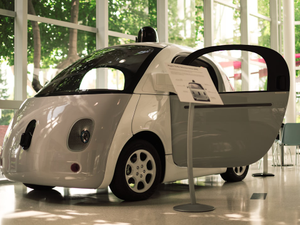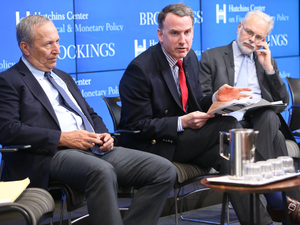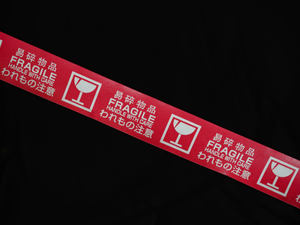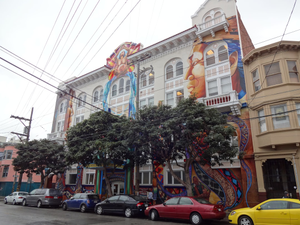TikTok's Algorithmic Insensitivity: Shopping Suggestions Amidst Humanitarian Crisis

Photo by khalid kwaik on Unsplash
In a disturbing revelation of technological tone-deafness, TikTok’s newest feature has sparked outrage by attempting to monetize videos documenting the devastating humanitarian crisis in Gaza. Users discovered that the platform’s AI-powered visual search function was automatically suggesting e-commerce products while scanning deeply traumatic content.
The algorithmic misstep was particularly evident in a video featuring a Palestinian woman searching through rubble, desperately calling out for her missing family members. Instead of empathy, TikTok’s system responded by highlighting “shopping opportunities” – suggesting dress and accessory products that visually matched the woman’s clothing.
This feature represents a profound failure in algorithmic design, revealing how tech platforms prioritize commercial engagement over human dignity. The visual search function, ostensibly designed to help users find similar items, demonstrates a complete lack of contextual understanding when applied to sensitive humanitarian content.
The problem extends beyond this specific incident. Content creators like Ms. Rachel, an advocate for children in Gaza, found her serious discussions about starvation and airstrikes interrupted by product suggestions. This algorithmic interruption transforms meaningful dialogue into a potential marketing opportunity.
TikTok acknowledged the issue, describing it as a “limited test” gone wrong. A company spokesperson stated they are “working to correct this issue,” but the incident raises critical questions about the ethical boundaries of AI-driven recommendation systems.
The broader implications are deeply concerning. These technologies reduce human experiences – especially traumatic ones – to potential commercial opportunities. By treating every piece of content as a potential sales channel, platforms like TikTok strip away nuance, empathy, and basic human respect.
As users, we must demand more thoughtful technological design that recognizes the complexity of human experiences. Algorithms should enhance our understanding, not reduce profound moments to shopping suggestions.
AUTHOR: kg
SOURCE: The Verge





















































